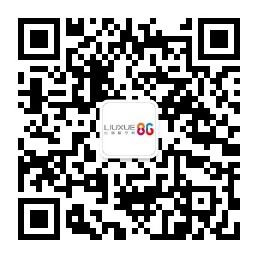2015中考英语复习:介词辨析
正误辨析
[误] We got to the top of the mountain in daybreak.
[正] We got to the top of the mountain at day break.
[析] at用于具体时刻之前,如:sunrise, midday, noon, sunset, midnight, night。
[误] Don't sleep at daytime
[正] Don't sleep in daytime.
[析] in 要用于较长的一段时间之内,如:in the morning / afternoon, 或 in the week / month / year. 或 in spring / supper /autumn / winter等等。
[误] We visited the old man in Sunday afternoon.
[正] We visited the old man on Sunday afternoon.
[析] in the morning, in the afternoon 如果在这两个短语中加入任何修饰词其前面的介词都要改为on, 如:on a cold morning, on the morning of July 14th
[误] He became a writter at his twenties
[正] He became a writter in his twenties
[析] 这句话应译为:他在20多岁时就成了作家。在某人的一段生活时间段中要用介词in来表示,而在具体岁数时用at来表示。
[误] He went to New York to find a job in sixteen years old.
[正] He went to New York to find a job at sixteen.
[析] 在具体年岁前用at, 如:at the age of 12, at your age, 等等。
[误] We went to swim in the river in a very hot day.
[正] We went to swim in the river on a very hot day.
[析] 具体某一天要用介词on, 又如:on New Year's Day
[误] I'm looking forward to seeing you on Christmas.
[正] I'm looking for ward to seeing you at Christmas.
[析] 在节日的当天用on,而全部节日期间用at,Christmas是圣诞节期间,一般要有两周或更长的时间。
[误] I haven't see you during the summer holidays.
[正] I haven't seen you since the beginning of the summer holidays.
[析] during表示在某一段时间之内,所以一般不与完成时搭配,如:I visited a lot of museums during the holiday. 而for表示一段时间,可以用于完成时,如:I haven't see you for a long time. 而through 用来表示时间时则为"整整,全部的时间"。如:It rained through the night.而since则是表达主句动作的起始时间,一般要与完成时连用。
以上由出国留学网中考频道为您精心提供,更多中考英语复习资料大全尽在本网站 ,希望对您的中考英语复习有所帮助。
| 中考政策 | 中考状元 | 中考饮食 | 中考备考辅导 | 中考复习资料 |


 湘公网安备 43011102001150号
湘公网安备 43011102001150号

